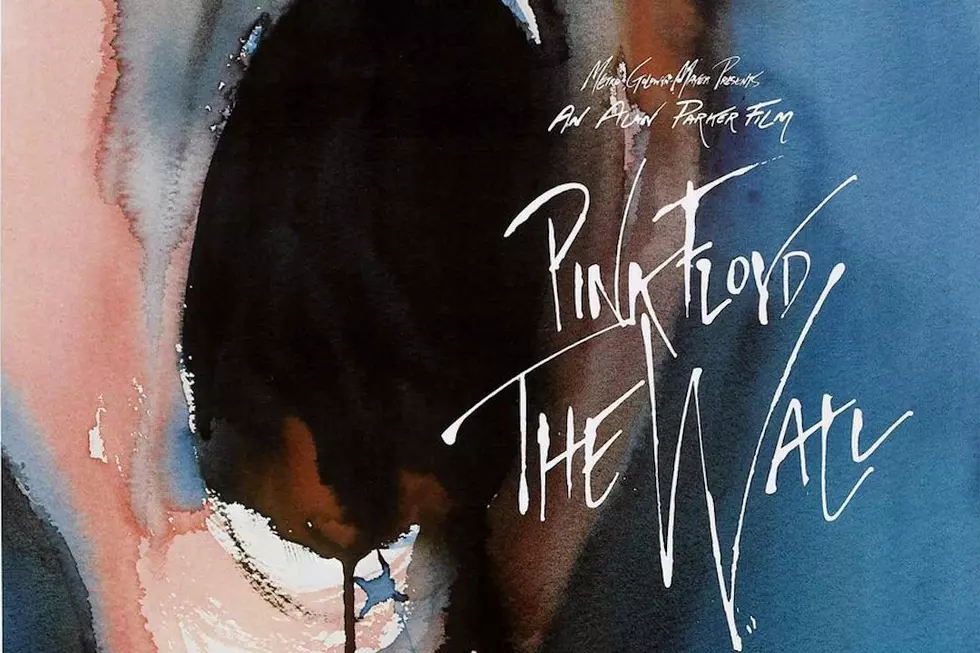
35 Years Ago: Van Morrison Returns to His Roots With ‘Beautiful Vision’
Van Morrison rode out the '70s on a hot sales streak that concluded with 1979's hit Into the Music, but commercial concerns moved to the back burner as the new decade dawned — particularly during the first few years of the '80s, which found Morrison following his muse into increasingly esoteric corners.
Audiences first got a taste of Morrison's renewed restlessness with 1980's Common One, an ambitious six-song set centered around the 15-minute track "Summertime in England." The record's jazz overtones and overall lack of radio-friendly hooks divided listeners, with a number of critics deriding the end results as dull or musically diffuse — and as Morrison's fan base soon learned, it was only the start of an often inscrutable decade for the ever-iconoclastic artist.
Morrison's next effort, Beautiful Vision, arrived in stores in February 1982, and while it represented a sudden turn away from the sprawling song structures and free jazz strains of Common One, it wasn't a return to the soul-influenced sound he'd mined to audience and critical acclaim in the '70s. Instead, Vision found Morrison doubling back to his roots; although each of the record's 10 tracks stood on their own distinct musical merits, the overall album took a decidedly Celtic tone.
Part of the shift seemed deliberate. In Johnny Rogan's biography No Surrender, Morrison's quoted as arguing that it's "important for people to get into the music of their own culture" and warning, "I think it can be dangerous to not validate the music of where you're from, for anybody, whether it's Bulgaria or whatever."
Honoring heritage aside, Beautiful Vision's direction was also influenced — as has been the case with many of Morrison's albums — by events in his personal life. Besotted with new girlfriend Ulla Munch, he wrote and recorded a warm, mid-tempo set of songs, some of which seemed to directly address the domestic bliss he was feeling at the time. Lyrically, as acknowledged in the album's liner notes, he was heavily influenced by Alice Bailey's Glamour: A World Problem — a rumination on cultural influences that "oppress humanity and deflect the light of truth."
It all added up to one of Morrison's more musically beautiful efforts, albeit one whose resolutely contemplative vibe might have initially frustrated fans hoping for more of the northern soul that hummed through his classic early LPs. Unfortunately for that segment of Morrison's fan base, Beautiful Vision wasn't just a detour — it served as an opening mission statement for the direction he'd loosely pursue for much of the remainder of the decade.
In fact, the album's closing track, "Scandinavia" — Morrison's first instrumental, and a Grammy-nominated cut from Beautiful Vision — offered a hint of things immediately to come: With 1983's Beautiful Speech of the Heart, he'd move into an even more meditative mode, depending even less on lyrics to get his point across.
Morrison's pursuit of musical enlightenment would define much of his recorded output in the '80s, and although the results weren't among his more commercially successful releases — he scored his biggest hit in years with the traditional set Irish Heartbeat, recorded with the Chieftains, in 1988 — but there's an honest yearning and depth of feeling to those recordings that would recede into the background as Morrison moved into elder statesman status during the '90s and beyond. For all their fumbles, Morrison's early '80s records possess an endearing, openhearted charm, and Beautiful Vision is among the most consistently rewarding of the bunch.
Masterpieces: The Very Best Albums From More Than 100 Classic Rock Acts
More From Sasquatch 92.1 FM










